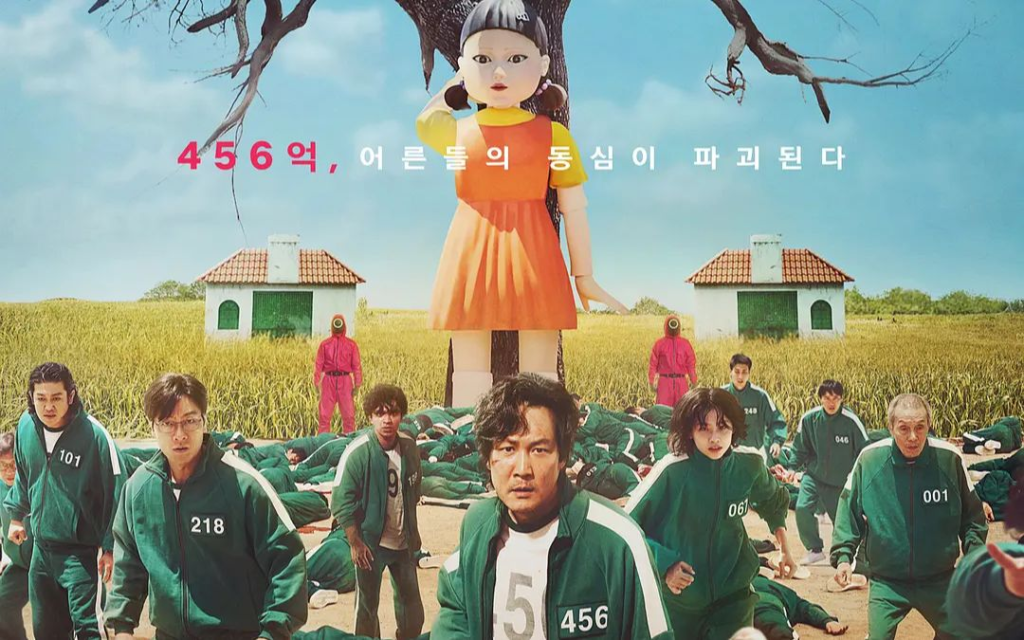In the Yellowstone season (or series?) finale, creator Taylor Sheridan left us with a whirlwind of unresolved questions. For starters, could Kayce (Luke Grimes) really sell the Yellowstone ranch to Rainwater (Gil Birmingham) for $1.25 an acre without sparking a massive legal battle with the state of Montana? And what about Beth (Kelly Reilly)? After six years as the ruthless, corporate powerhouse of Yellowstone, is she genuinely content to settle down on a secluded ranch with her husband, Rip (Cole Hauser), doing little more than gazing at him lovingly? Also, was it necessary to devote five whole minutes to wrap up the barely memorable love story of secondary characters Ryan (Ian Bohen) and Abby (Lainey Wilson)?
“Life Is a Promise,” written and directed by Sheridan, wasn’t always logical — but Yellowstone was never really about airtight storytelling. Its success stemmed from Sheridan’s ability to sell a romanticized vision of America through his wildly popular Western drama. From start to finish, Yellowstone celebrated an idealized world where men (and it was always men) lived free, according to their own rules, untouched by external forces.
The finale marked the end of a much-delayed season. The back half of season 5 finally arrived after nearly two years, its release postponed by behind-the-scenes drama — including a well-publicized fallout between Sheridan and the show’s original star, Kevin Costner. In the series’ November return, Sheridan decisively killed off Costner’s character, John Dutton, and pivoted the final episodes to explore his murder’s aftermath and the Dutton siblings’ battle to protect the ranch from corporate vultures.

Sheridan, who is known for writing every episode himself, faced the tough challenge of reshaping the back half of a season that was already plotted out. The strain showed in the episodes, which were peppered with awkward, sometimes confusing time jumps. Flashbacks to John Dutton’s staged suicide by mercenaries often felt excessive, almost as if Sheridan wanted to underscore his control over the narrative. Costner’s unceremonious exit — dead in pajamas on a bathroom floor — was likely far from the grand send-off the actor envisioned for his character, but Sheridan seemed determined to remind everyone who was truly in charge.
This behind-the-scenes power struggle spilled onto the screen in unexpected ways. Sheridan’s own character, horse trainer Travis Wheatley, became oddly central in the latter half of the season. Travis was the one to inform a devastated Jimmy (Jeferson White) of John’s death. He was the one Beth approached for help selling the ranch’s horses to cover estate taxes (with a bizarre detour involving strip poker). He even commanded the spotlight in the finale’s Bunkhouse scene, as the cowboys shared nostalgic stories. While Sheridan often inserts himself into his projects (see Lioness), his prominence in Yellowstone’s closing episodes felt like a deliberate flex, complete with absurd touches like Bella Hadid appearing as Travis’ girlfriend.

The finale did tie up loose ends, though the results were bittersweet. Beth exacted her revenge on Jamie (Wes Bentley) for orchestrating their father’s assassination by stabbing him in the heart. She and Rip relocated to a remote ranch in Dutton, Montana, far from the tourists Beth so despises. For her, Heaven is solitude, while Hell is having to endure the company of outsiders. Meanwhile, Kayce started his own cattle ranch with Monica (Kelsey Asbille) and their son Tate (Brecken Merrill), carving out a quieter, more isolated life for his family.
In the end, Yellowstone remained true to itself — a sprawling, messy epic built on Sheridan’s vision of rugged individualism. The finale may not have answered every question or delivered the perfect send-off, but it encapsulated the spirit of the series: a modern myth of the American West.









